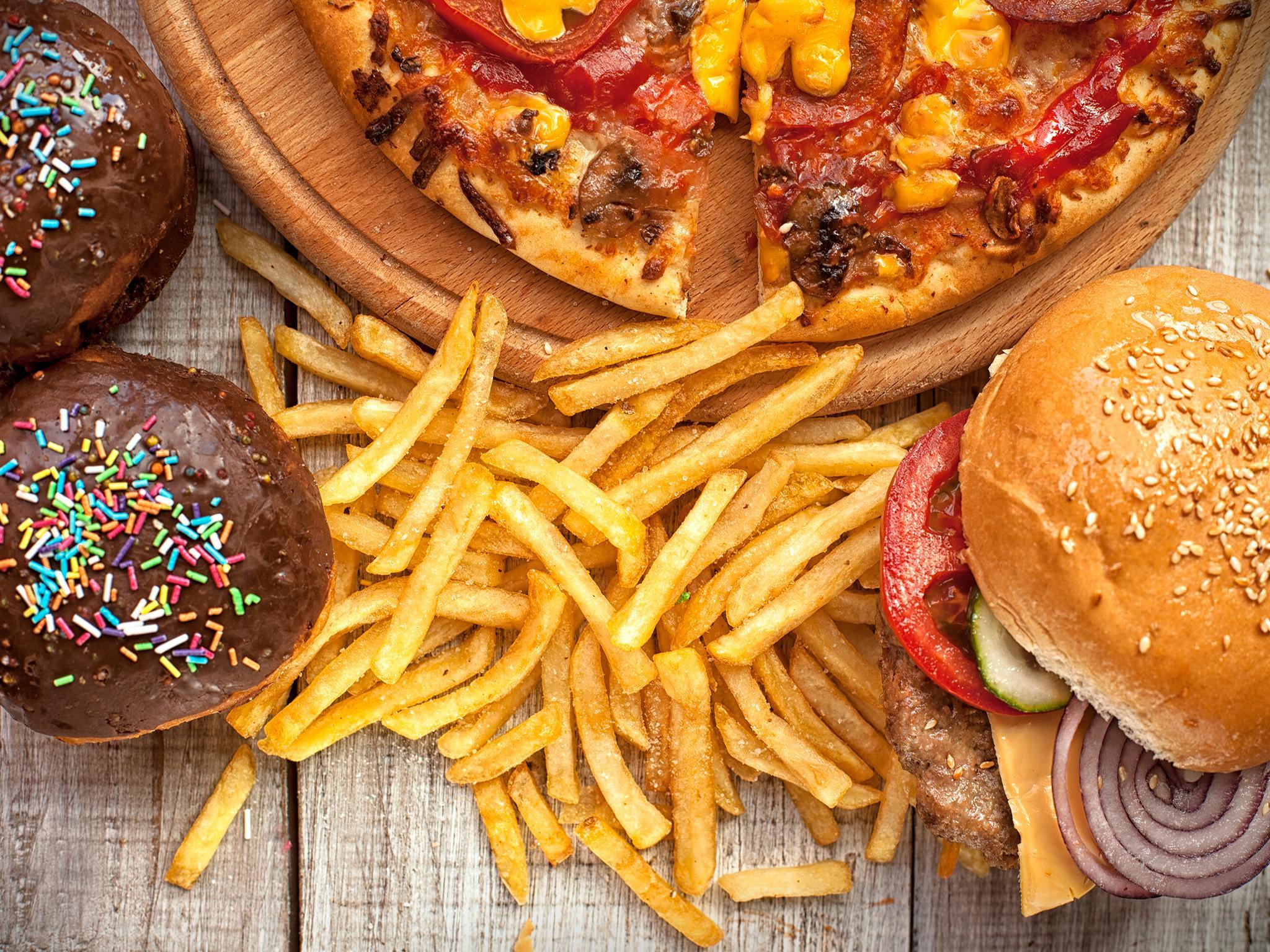Last supper syndrome: Binge-eating before starting restrictive diet is not the way to start 2017
Experts warn against framing food as 'clean' and 'dirty'

You’ve probably been there: scouring the kitchen for the last remnants of junk food to scarf down before you finally start the diet tomorrow (even though “tomorrow” was three days ago). Ice cream, cookies, cheese: they all need to go right this instant before you can start your perfect, shiny new life fuelled exclusively by green smoothies, steely will power and air. From tomorrow your mind and body will be a temple. But tonight, you have one last date with Ben and Jerry.
Sound familiar? Then you too have succumbed to “Last Supper” eating. No, it has nothing to do with the bearded bloke in sandals (although you could totally go for some wine and bread right about now). Rather, last supper syndrome is one symptom of an unhealthy mentality towards eating that divides foods into "clean" (kale, carrots, chia) and “dirty” categories (donuts, cake, chips).
Envisioning a future where our favourite foods are wiped from our lives sends people into a bingeing frenzy, as psychiatrists at Stanford University in the US have noted. Before long, food is used as a reward for “good behaviour” on restrictive diets and the whole thing falls apart, making way for binge-eating.
Dieting casts healthy eating as a challenge and links specific foods with ideas of control and self-worth. Binge-eating creates spikes in blood sugar levels, shooting false messages to the brain which lead to cravings. This sparks a cycle of deprivation and dieting, rather than a sustainable, long-term lifestyle change.
“To consider any food to be ‘wholly bad’ may be detrimental,” Rebecca McManamon, a dietician and spokeswomen for the British Dietetics Association (BDA), recently told The Independent.
In extreme cases, such attitudes can trigger eating disorders, she adds. "Orthorexia - when obsessing about healthy foods can become all consuming - and deviating from ‘healthy’ foods may cause large amounts of guilt of self-loathing."
That’s why, for some, the 5:2 diet works. For others, “intuitive eating” - where the "diet mentality" is ditched and food is no longer deemed "good" or "bad" can work.
Instead, recognising and accepting which foods are void of nutritional value is important so you can factor them into a moderate diet, advises McManamon.
“Food provides nourishment and will have different values, and there are pros and cons in all foods.” After all, she adds: "Food is food."
Join our commenting forum
Join thought-provoking conversations, follow other Independent readers and see their replies
Comments
Bookmark popover
Removed from bookmarks